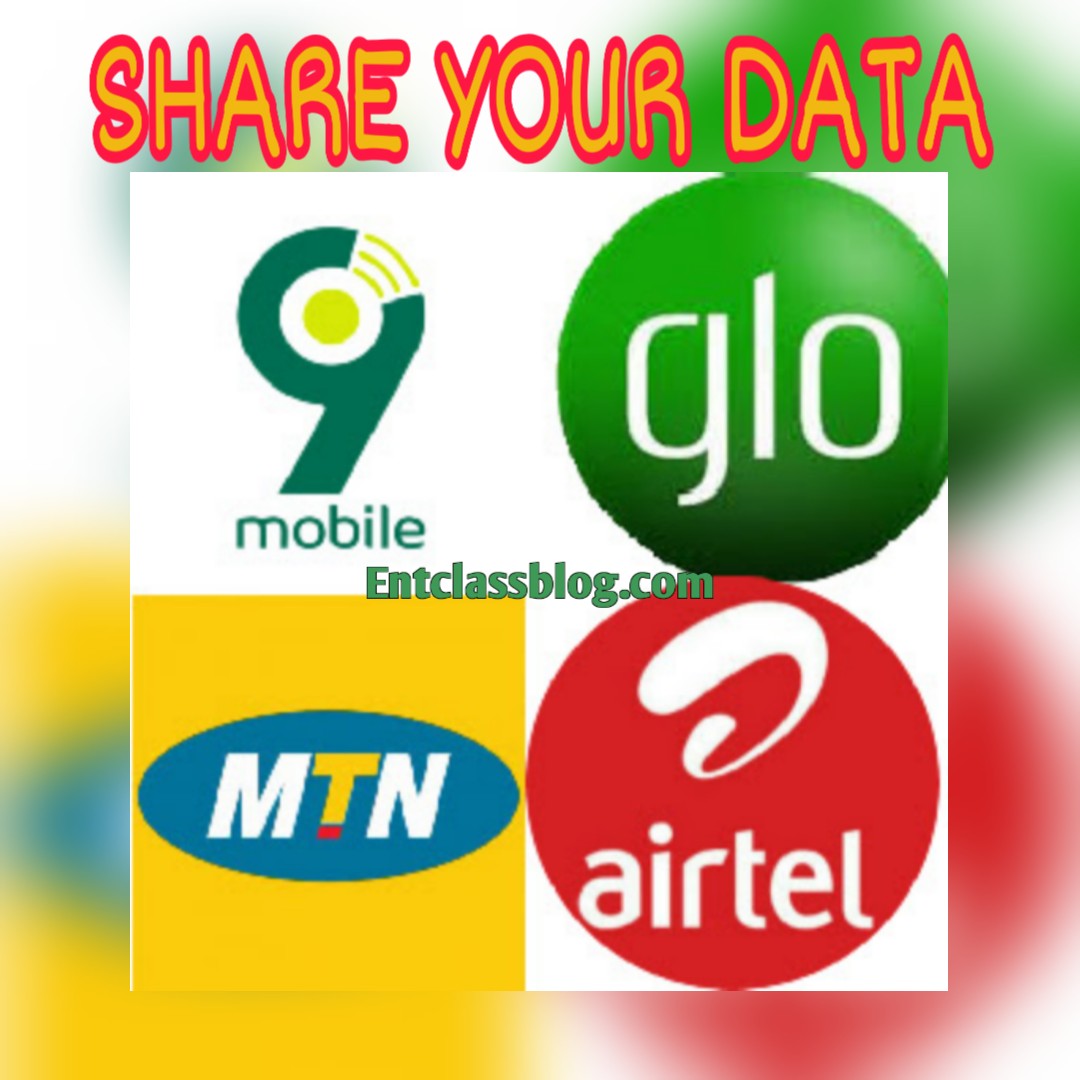Mobile data is your network operator’s primary source of revenue. It’s also a limited resource, meaning users can only access a certain amount per month before their speeds are throttled and they’re charged extra to continue using data.
This poses a problem for businesses that rely on data-heavy services like telemetry or cloud servers. You can’t give your employees an allotment of data every month and expect them to stay under that threshold. They need unrestricted access to monitor remote devices, upload logs, and perform other necessary tasks.
Luckily, there are ways to share data among team members without jeopardizing your MTN plan. Keep reading to learn more about how you can share data on MTN in Nigeria as an employee or business owner.
When you change your thoughts, remember to also change your world. You can request publication of your article for publication by sending it to us via our Email below. or call +2347034920650. Click here to start business now with businesshab.com
businesshabblog@gmail.com
Read on: How to Transfer Airtime on MTN in Nigeria
How to Share Data on MTN in Nigeria

There is an increasing need for businesses to share data with partners, customers and other stakeholders. This is because today’s world is increasingly digital, and data is the fuel that drives this transformation. With this in mind, this article explains how you can share data on MTN Nigeria. Data sharing allows you to send and receive data from external sources or partners. There are a number of different ways you can implement data sharing so that your business can benefit. If you want to know more about sharing data on MTN in Nigeria, continue reading.
See also: PVC Meaning in Nigeria: What is PVC and what does it do?
What is Data Sharing?
Data sharing is the process of sharing data with external parties. It lets you send and receive data directly from your business apps. This can help you streamline your business processes, gain additional insights, and improve your customer experience. Data sharing is a proven approach to collaboration, and it’s used by companies of all sizes to share data securely and efficiently across organizations. Sharing data is useful for many different use cases, including: – Managing business operations, sales, service and marketing activities across an enterprise. – Data integration across a business with partner organizations. – Extending applications to partners and customers. – Providing customers with access to business data. – Transferring data from a partner or customer organization to the organization.
Why You Should Share Data
There are a number of benefits to data sharing, including improved collaboration, increased efficiency, and better business outcomes. Data sharing also enables you to: – Access data from a range of business apps and data sources. – Share data with partners and customers. – Receive data from external parties. – Improve business outcomes, such as customer experience and efficiency. – Meet compliance requirements. There are also a number of risks associated with data sharing. When implementing a data sharing strategy, you should make sure you are aware of the potential issues and how to mitigate them.
See also: PVC Meaning in Nigeria: What is PVC and what does it do?
Overview of MTN Data Sharing Options
MTN Business Sync – This is an asynchronous data sharing option that features real-time push notifications. It lets you receive data from external sources and transfer it to your business apps. You can use it to access data from other systems such as Salesforce and Oracle. MTN B2B Data Sharing – This is a two-way synchronous data sharing option that lets you send and receive data from external sources with a defined schedule. It is a good option if you need to regularly send and receive data from external sources. MTN Smart Sync – This is a bi-directional data sharing option that lets you send and receive data with a defined schedule. It is a good option if you need to regularly send and receive data with external parties. MTN B2B Co-Sync – This is a bi-directional data sharing option that features a defined schedule that is similar to MTN B2B Data Sharing. It is a good option if you regularly send and receive data with external parties.
MTN Business Sync and MTN B2B Data Sharing
These data sharing options can be used to send and receive data by creating a connection between your business apps and an external source. The data is then pushed to your apps as and when it is available. There are a number of considerations when setting up data sharing with MTN Business Sync or B2B Data Sharing. These include choosing the data type and format, managing the connection and selecting an integration type.
MTN Smart Sync and MTN B2B Co-Sync
These data sharing options are used to send and receive data with a defined schedule. You will need to select the type of data to send, including the frequency, and the type of connection. Data sharing with a defined schedule is an excellent option for transferring customer data. You can use it to send and receive information such as customer contact details, customer sales data and customer product catalogues.
Conclusion
There are many benefits to data sharing, including improved collaboration, increased efficiency, and better business outcomes. Data sharing also enables you to access data from a range of business apps and data sources. By sharing data across organizations, you can also improve customer engagement and customer experience. Data sharing is also a proven approach to collaboration, and it’s used by companies of all sizes to share data securely and efficiently across organizations. Sharing data is useful for many different use cases, including managing business operations, sales, service and marketing activities across an enterprise.